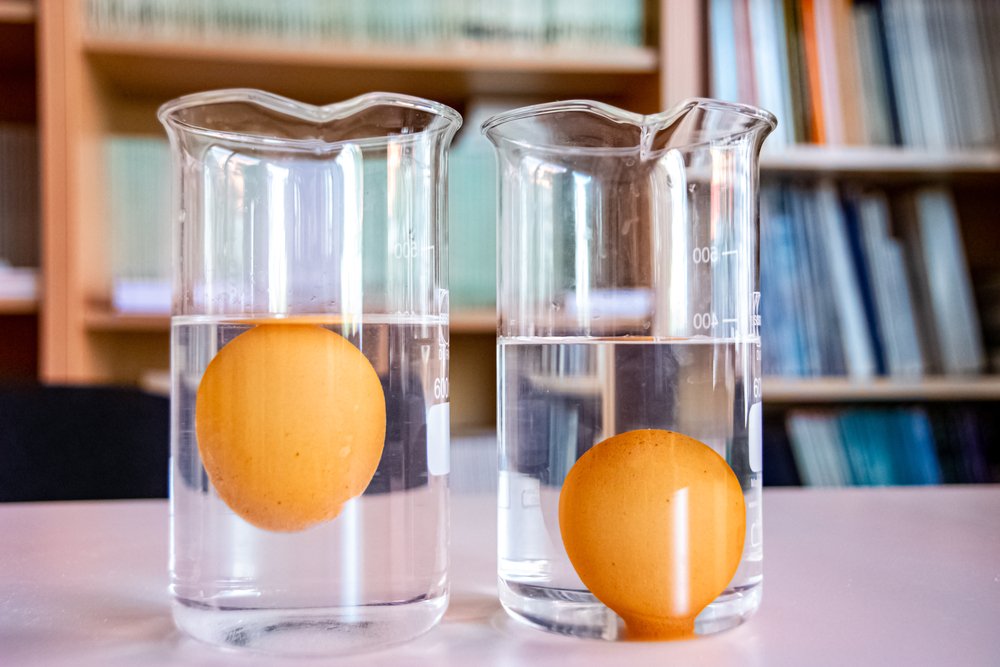Eggs: Why shouldn't keep them in your refrigerator?
We have all heard this sentence from one of our loved ones: "What? Do you keep your eggs in the fridge? But it's super dangerous! The doubt is sown and you no longer know how to keep your eggs. So, myth or reality?

We have all heard this sentence from one of our loved ones: "What? Do you keep your eggs in the fridge? But it's super dangerous! The doubt is sown and you no longer know how to keep your eggs. So, myth or reality? We lift the veil on this mystery!

What risks?
In shops in France, it is prohibited to keep and sell eggs in refrigerators. The cause ? An increased risk that they are contaminated by salmonella, a bacteria which causes among other diarrhea, strong fevers and very painful abdominal cramps. With our American friends, however, it is compulsory to keep your eggs in the refrigerator. You will quickly understand why.
According to the World Health Organization, salmonellosis is one of the most common food diseases, with several tens of millions of contaminations and more than one hundred thousand deaths worldwide.
It is by ingesting animal products, including eggs, that humans can be contaminated. However, the egg must be contaminated by a high number of bacteria, a more common thing in old eggs, to contract the disease. In addition, bacteria reproduce less quickly at low temperature.

Should you wash your eggs?
We could therefore find wise to keep our eggs in the fridge, except that ... it is not so simple.
When lays, the hen coats the egg with a protective liquid (cuticle) which prevents bacteria from passing.
Knowing this, you might think about washing your eggs to rid their shell of possible traces of salmonella. And that’s the mistake not to make. If you pass your eggs underwater, the natural cuticle of the eggs then loses its effectiveness and again becomes permeable to bacteria.
In the United States, eggs are systematically washed before being marketed. This is why it is compulsory there to keep your eggs cool.

What is the right preservation method?
In this case, why debate and not put your eggs directly in the fridge, without washing them?
Excellent question, to which we will answer immediately.
Simply because when you take out an egg from the fridge, it quickly covers condensation. The growth of bacteria on the shell is then facilitated and their penetration into the egg too.
This is why storing your eggs in the fridge presents a real danger.
However, if you absolutely want to keep your eggs in the refrigerator for one reason or another, you can reduce the risk of contamination by taking the following precautions:
- Keep them in their original box;
- Avoid them to be in contact with humidity;
- Consume them directly after leaving them from the fridge.

How to be sure that the eggs are still fresh?
How to make sure your eggs are still fresh? Nothing easier ! Here are some tips:
- Put the egg in a liter of water and add 80 grams of salt. If the egg floats, then it is no longer fresh;
- Break an egg on a plate. If your egg is fresh, you will see a very firm egg yolk and an egg white that almost does not flow;
- Shake your egg near your ear. If you don't hear anything, then your egg is fresh. If, on the other hand, you intend to move the contents of the egg, your egg is no longer fresh.

In any case, we wish you a good appetite of course.


